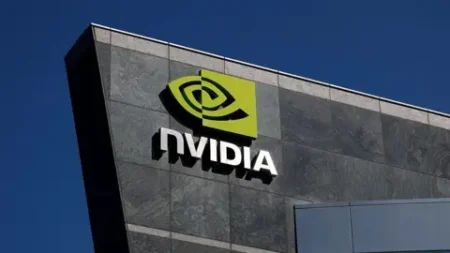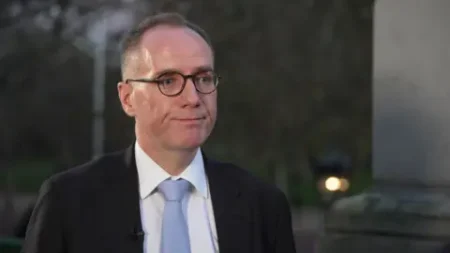On July 17, 2025, a significant legal development unfolded as Meta Platforms, Inc., headed by Mark Zuckerberg, reached an agreement to settle an $8 billion lawsuit initiated by a group of shareholders. This lawsuit revolved around the alleged mishandling of privacy violations by Facebook, particularly concerning the well-known Cambridge Analytica scandal. The shareholders had accused the Facebook parent company of negligence in its oversight, which led to the unauthorized use of data from millions of users.
The lawsuit, which was filed in 2018, emerged following revelations that Cambridge Analytica exploited Facebook user data during the 2016 presidential election, particularly in support of Donald Trump’s campaign. The shareholders sought substantial damages, predominantly to cover fines and legal costs that Meta had incurred in addressing claims related to privacy breaches. However, the precise amount of the settlement remains undisclosed.
The settlement was announced just prior to the second day of the trial in a Delaware courtroom, as indicated by an attorney representing the shareholders. Importantly, this development occurred amidst ongoing tensions regarding how various executives, including Zuckerberg, managed the privacy concerns that had been repeatedly highlighted over the past few years. While Meta opted not to provide specific comments on the settlement, it did reiterate its position on having invested significantly in privacy reforms, with expenditures exceeding several billion dollars since 2019.
Critical to the case was the questioning of timing surrounding stock sales executed by senior Meta officials, including Zuckerberg. The implications of these share transactions pointed toward possible insider trading or unethical conduct in the face of looming data privacy issues. One notable defendant in the case was Jeffrey Zients, who previously served as a member of Meta’s board and was recognized for his role as former Chief of Staff for President Joe Biden. In his testimony, Zients acknowledged the serious ramifications of a multi-billion dollar settlement imposed by the Federal Trade Commission but denied that the company had settled to shield Zuckerberg from legal trouble.
Other prominent defendants, such as Peter Thiel, co-founder of Palantir Technologies, and Reed Hastings, the mind behind Netflix, also faced scrutiny throughout the proceedings. Notably, the resolution of the lawsuit circumvented the need for these executives, including former Chief Operating Officer Sheryl Sandberg—who was also scheduled to testify—to offer testimonials under oath.
Legal experts noted the significance of a full trial, which could have produced a more extensive examination of Facebook’s decision-making processes concerning its controversial practices. Ann Lipton, a law professor at the University of Colorado, expressed concerns that valuable sociopolitical insights into Meta’s operations would go unexamined due to the settlement. According to Lipton, understanding how Facebook acknowledged and possibly approved illegal practices could serve the public interest and promote greater accountability in the tech industry.
Prior to the settlement announcement, both the shareholders and the defendants were preparing for extensive testimonies that would scrutinize Facebook’s historical conduct and its implications for user privacy. Chancellor Kathaleen McCormick of Delaware was slated to preside over these proceedings and draw a conclusion. In a notable incident in the previous year, McCormick had attracted widespread attention after rejecting Elon Musk’s reported $56 billion compensation package, following which Tesla chose to relocate its headquarters from Delaware to Texas.
In summary, while Zuckerberg and Meta have decisively settled the shareholder lawsuit, the ripples of this legal battle underscore ongoing concerns surrounding privacy, corporate ethics, and accountability in Silicon Valley. Meta’s continuous financial investment in reforming its privacy policies since 2019 signals an ongoing commitment to address these critical issues, even as external scrutiny remains high.











